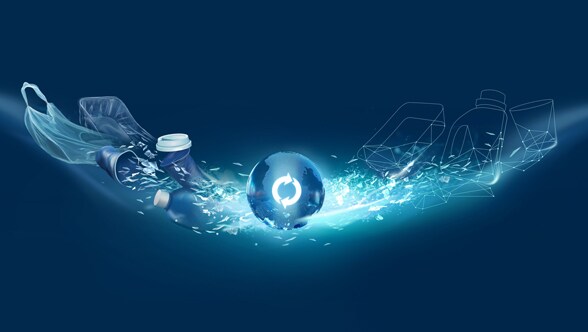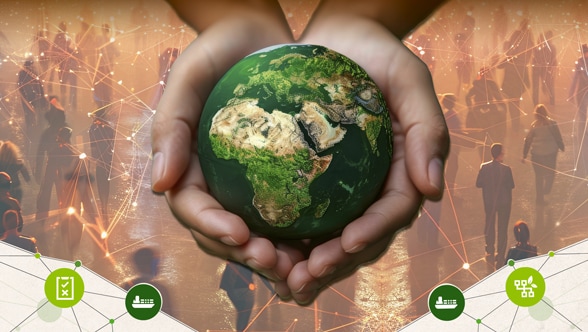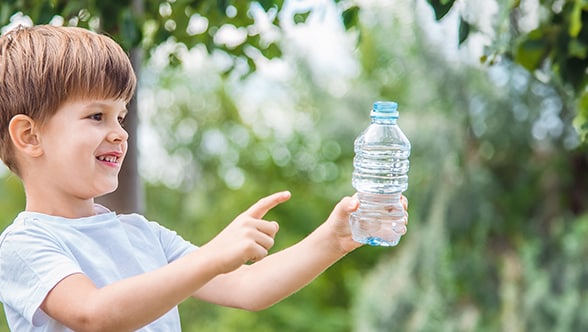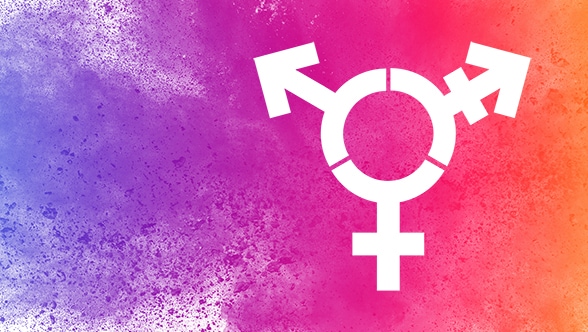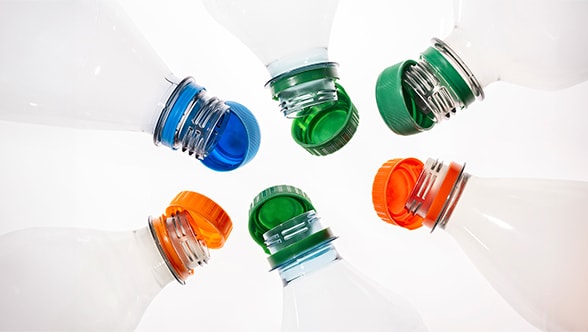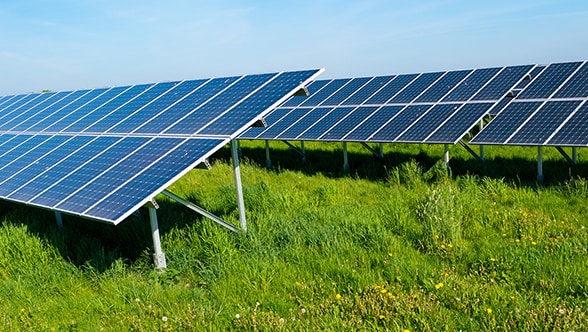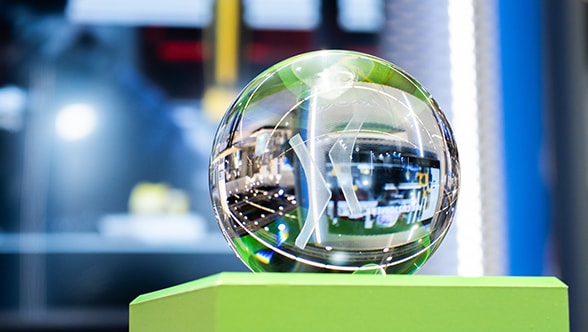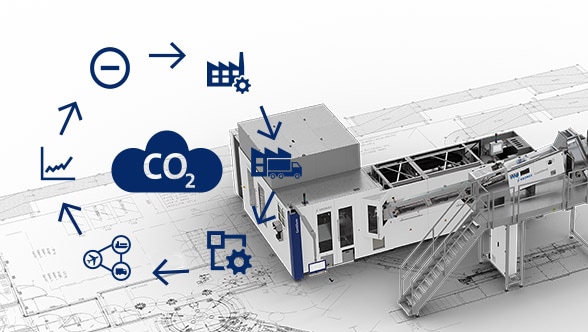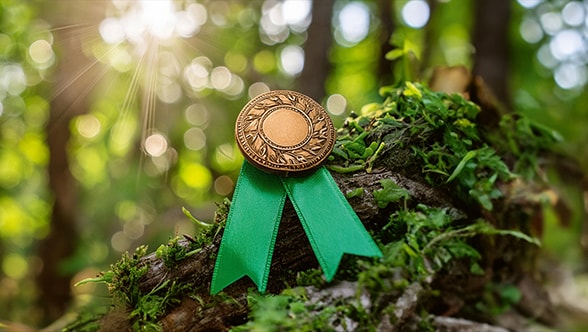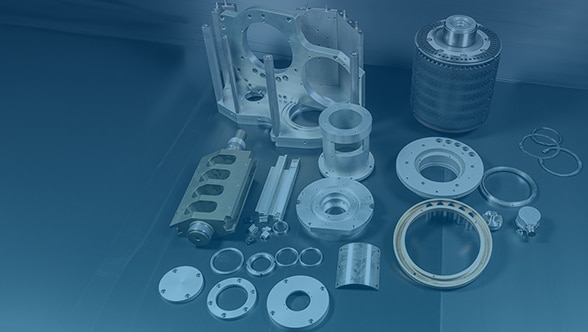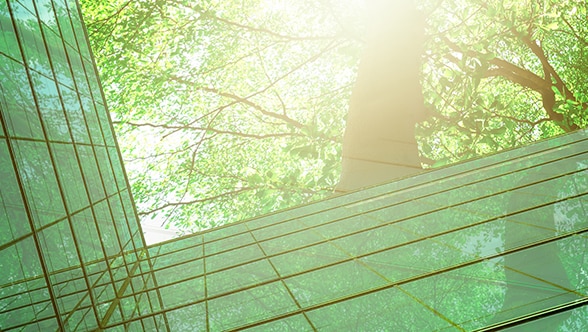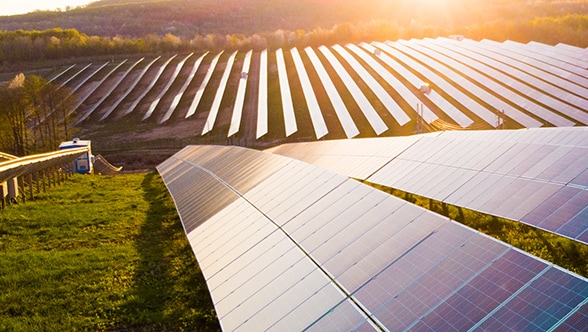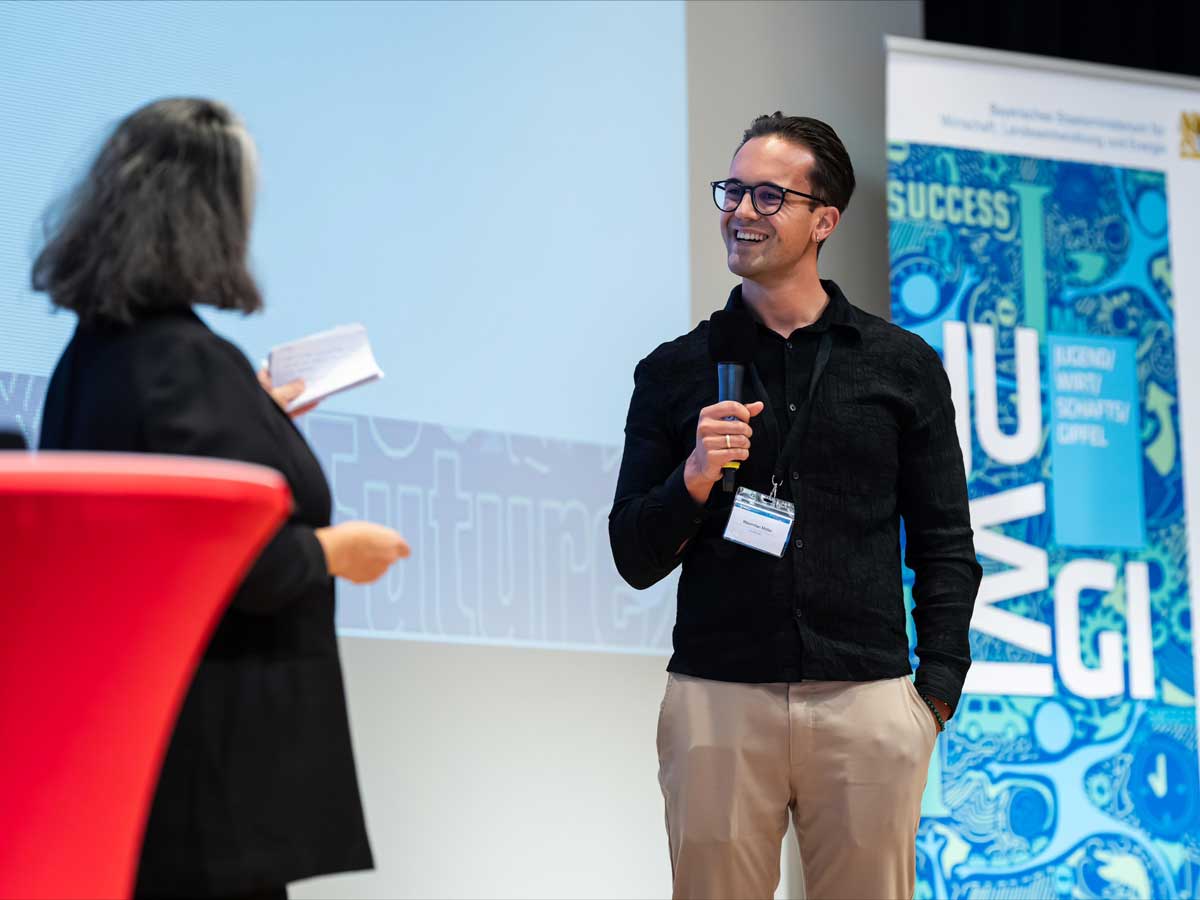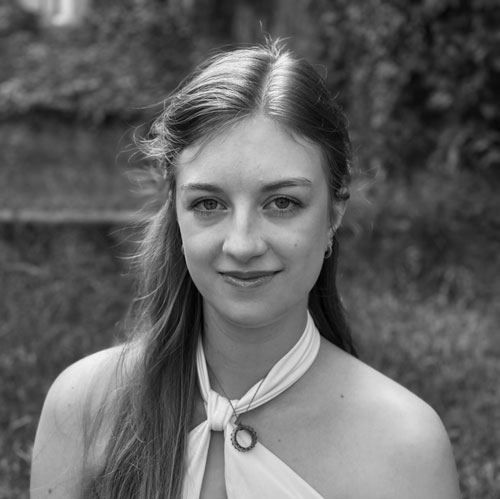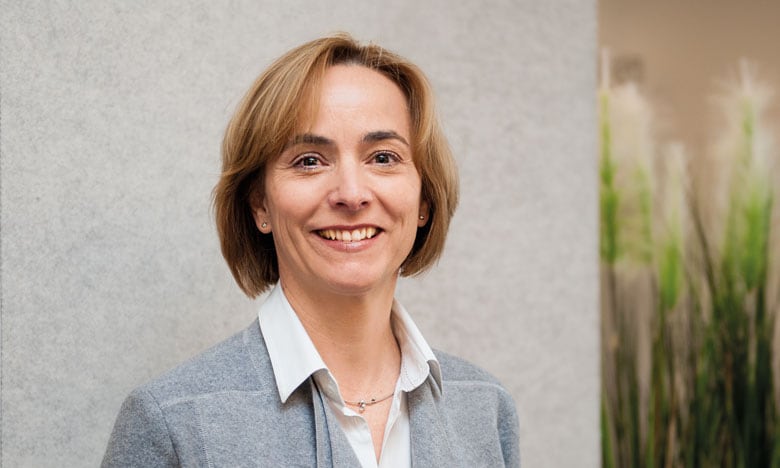Krones was among those represented at Jugendwirtschaftsgipfel 2025, an economic summit for young people which aims to work with youngsters on ideas for a sustainable and innovative future.
What might the economy of tomorrow look like – and what role will the younger generation play in it? These were the questions at the heart of the economic youth summit held at the Kolpinghaus conference centre in Regensburg on 13 October. Following the principle of “Shaping the future. Strengthening the region”, schoolchildren from throughout Bavaria met up with representatives of business, politics and science to thrash out ideas for a sustainable and innovative future.
Organised by the Bavarian State Ministry for Economic Affairs, Regional Development and Energy, the annual economic youth summit offers young people an opportunity to tackle the issues of the future in practical workshops. The topics ranged from starting up a business and developing prototypes through the use of artificial intelligence in everyday life to creative ideas for the sustainable economy. Other areas of focus included social media strategy, identifying fake news and the 17 sustainability goals of the United Nations. Particular attention was also paid to the future of the Bavarian economy and the visions of the younger generation.
Commitment to the next generation
Krones was represented there again this year, this time by Maximilian Mölter, technical trainer and in charge of Profile 21 (see photo). He presented the company’s diversity, innovative strength and training expertise with great enthusiasm. “That was a special moment for me personally,” reports Maximilian Mölter. “I started my apprenticeship at Krones eleven years ago – and today I am helping young people on their journey as a technical trainer. Direct interaction with schoolchildren, teachers and representatives of politics and business has shown how important it is to provide guidance, inspire enthusiasm for technology and sustainability and highlight the very real future prospects at an early stage.” In his address he emphasised just how diverse the entry opportunities at Krones are and what a central role the company plays in the development of young talent. The combination of technology, innovation and sustainability in particular demonstrated how important it was to work together on solutions for tomorrow. By its presence at the economic youth summit, Krones was sending a clear signal of the significance of training, developing the next generation and regional networking. After all, the future is created wherever people engage in conversation with each other – and bring ideas to life together.

